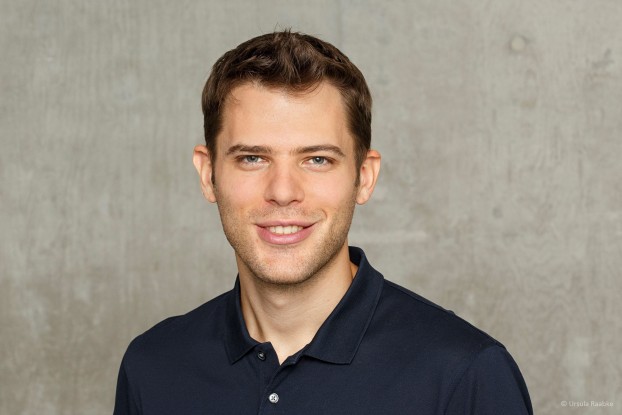The lecture will be held according to the inverted classroom principle, i.e. the lecture will be made available as a video recording and the programming exercises can be worked on directly in a MATLAB instance in Moodle. In addition to the lecture, hybrid consultation hours will be held throughout the semester, where you will have the opportunity to work on the exercises together under the guidance of the lecturer and ask questions. The course will be held in English.
Syllabus
In the modern product development process, the prevailing uncertainty is increasingly coming into focus. In many cases, it is not possible to specify single number values for model parameters, such as friction and damping parameters, but only intervals or distributions. To increase the predictive accuracy of models, it is therefore important to quantify and reduce uncertainty. The resulting improvement in the predictive ability of models contributes to the development of products whose load capacity is better adapted to the load and can thus be designed in a more resource-efficient way. In this course, students are taught the basic methods to describe, quantify, and evaluate uncertainty in real engineering systems.
Learning Outcomes
On successful completion of this module, students should be able to:
- Recognize the different types of uncertainty in real technical systems and independently develop an approach to quantify and evaluate them
- Perform a sensitivity analysis to identify the most important parameters of a model using methods such as Sobol Indices, Morris Screening
- Quantify the uncertainty of models using Markov chain Monte Carlo methods and interpret the results (see figures)
- Consider the quantified uncertainty through a model (Monte-Carlo-Simulation and Stochastic Spectral Methods)
- Build fast surrogate models of complex computationally intensive models to make them also amenable to uncertainty quantification using Gaussian Process Regression (GPR), Support?Vector-Machine (SVM), Polynomial Chaos Expansion (PCE)
- Evaluate the failure probabilities of a system based on the quantified uncertainty using subset simulation
The lecture is complemented by a guest lecture from industry and a demo workshop by Mathworks. An essential part of the exercises consists of solving programming tasks with MATLAB Grader directly in the Moodle course. .
| Availability | Winter Semester, online |
| Consultation hours | see Moodle |
| Lecture | Dr.-Ing. Robert Feldmann |
| Exam date | by appointment |
| Coursework |
Master MPE und AE WS: V2 Credit Points: 4 |
Contact
| Name | Working area(s) | Contact | |
|---|---|---|---|

| Dr.-Ing. Robert Feldmann Deputy Head of Institute | robert.feldmann@sam.tu-... +49 6151 16-23512 L1|01 269 |



